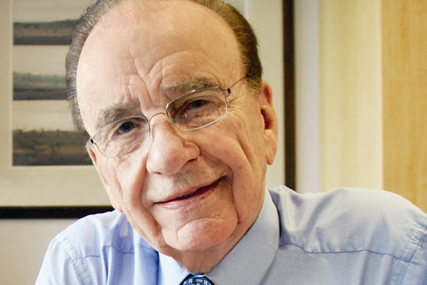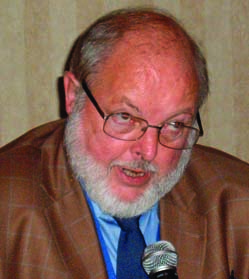Some Refugees Are More Equal Than Others
Submitted by Sheldon Rampton on
 Iraqi refugees in SyriaAs fires rage in southern California, the U.S. media devoted extensive coverage to the refugees displaced by the disaster and even to the fate of horses and other farm animals.
Iraqi refugees in SyriaAs fires rage in southern California, the U.S. media devoted extensive coverage to the refugees displaced by the disaster and even to the fate of horses and other farm animals.

 In a
In a 
 "I love Red Cross, but I don't trust them completely when they're the ones shooting the video," explained journalism professor and Society of Professional Journalists (SPJ) ethics committee member Jerry Dunklee.
"I love Red Cross, but I don't trust them completely when they're the ones shooting the video," explained journalism professor and Society of Professional Journalists (SPJ) ethics committee member Jerry Dunklee.